Why Your Heart Beats Faster After Eating
After eating a meal, it’s normal for your heartbeat rate to increase. That’s because the heart needs to pump additional blood to the stomach to aid digestion. After eating and digesting food, your heart rate should return to normal. If you have a faster heartbeat or palpitations two hours after a meal, seek medical care.
Below are some common causes of palpitations and tips on how to ease mild or occasional fast heartbeats. This is for general advice only – seek medical help immediately if you experience a racing heart and chest pain.
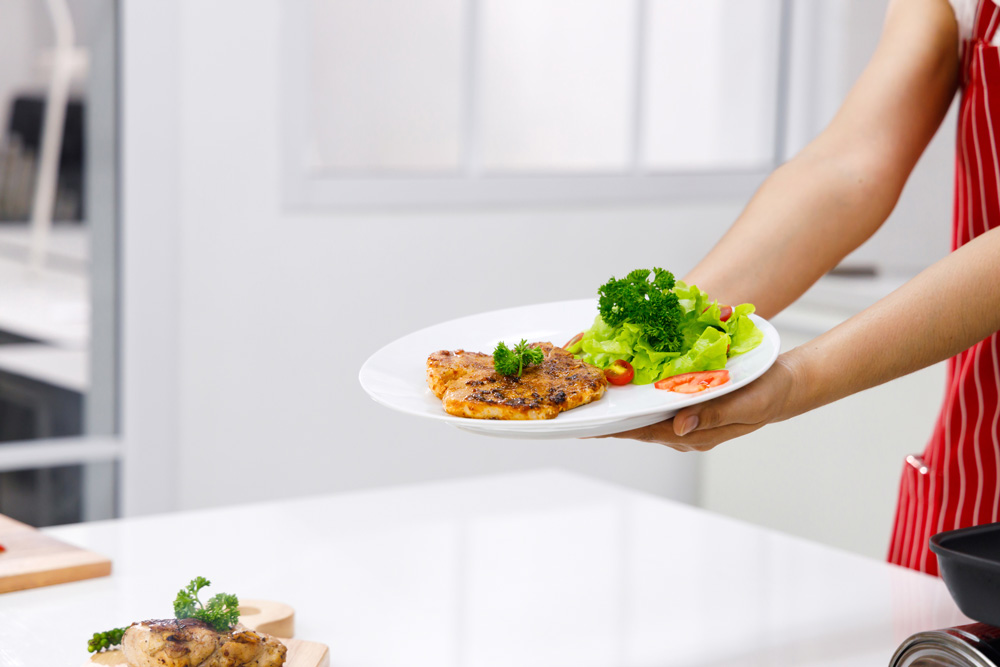
What Causes A Faster Heartbeat After Eating?
Various factors, apart from the normal digestion process, can put additional pressure on the heart. For instance, eating a large meal could speed up your heart rate for an extended period. Drinking alcohol or coffee or eating meals high in monosodium glutamate can have the same effect.
Food or drinks containing lots of sugar make the pancreas work harder. They do affect the pancreas and can change blood sugar levels. This, in turn, can release adrenaline and lead to a racing heart.
A further possible cause of a faster heartbeat after eating is medication. Some asthma inhalers and thyroid medications, for example, can trigger heart problems. Talk to your doctor if you suspect some new medication you are on is giving you trouble.
Experiencing stress or anxiety while eating, or moving around suddenly after a meal can put additional pressure on the heart.
Finally, allergic reactions to certain types of foods or ingredients can bump up the heart rate. Severe allergic reactions lead to a racing heart and can lead to anaphylactic shock. Seek medical advice if you suspect you may have developed a food allergy.
How to avoid palpitations
Palpitations are short periods of irregular heart activity – often a racing heartbeat or a heart stutter. Avoid big meals, and stimulants such as coffee or alcohol that could lead to faster heartbeat after eating. If you suspect you may be allergic to some kinds of foods, stop eating them and talk to your doctor.
Taking smaller meals more frequently can reduce the risk of palpitations. Take your time with eating and chew your food properly. Try taking some green tea with your meal as it may aid digestion and help reduce your heart rate.
Have a lie-down after eating, perhaps with your legs slightly raised to ease pressure on the heart. Do whatever you can easily do to reduce stress. Yoga breathing relaxation techniques, meditation and deep breathing can help prevent a racing or stuttering heart.
Avoid tobacco and drugs and drink plenty of water. Finally, while exercise is generally great for heart health, avoid overdoing it. Steer clear of high intensity exercises to prevent a faster heartbeat after eating.
We at Fairview Adult Day Care Center in Brooklyn NY offer medical and nursing care to our adult and elderly registrants. Our nurses and therapists are well trained to help with many health disorders and issues. We are also here to answer all your questions and concerns.
This article is for educational and informational purpose only and does not substitute for professional medical advice. For any questions about your own health condition, speak to a qualified physician or healthcare provider.

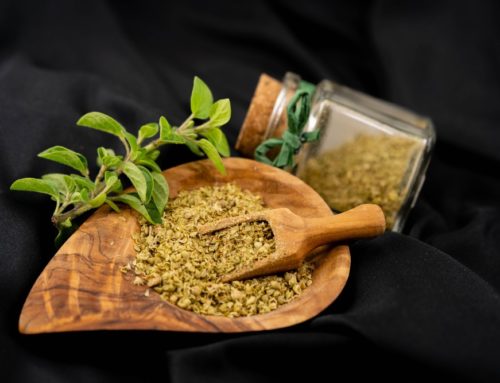

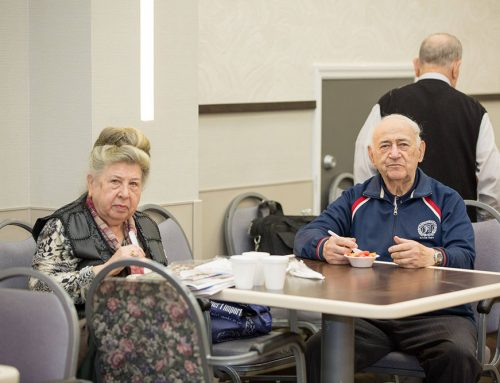
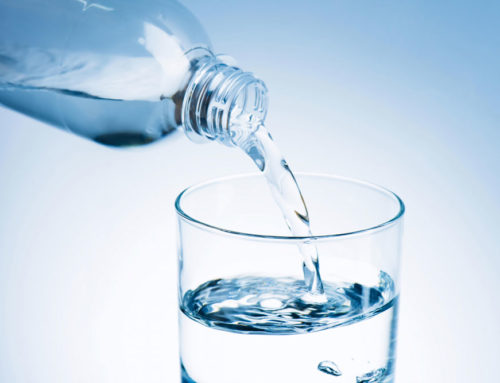
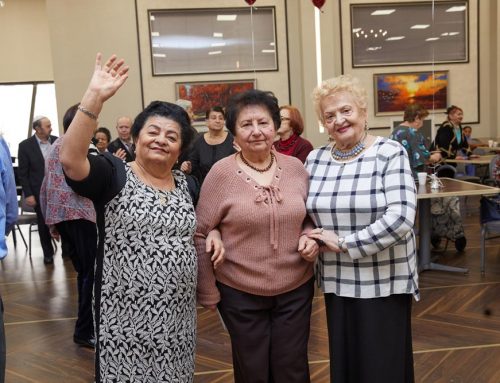

Leave A Comment